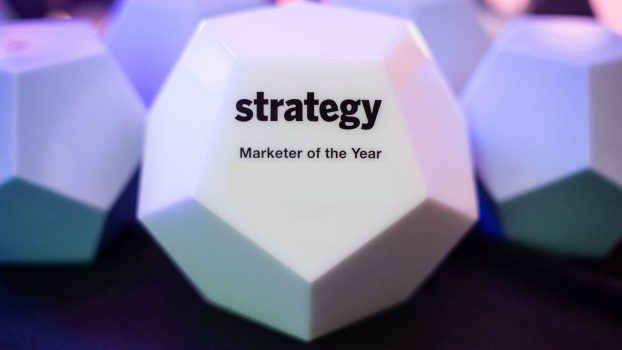The pandemic has really opened our eyes to behaviours we might never have expected of ourselves.
There are the obvious ones, like how working from home actually works so why bother going back to the office. Or, since you don’t have to be in the same room as the people you’re meeting with, why not just move to the country?
One other thing we didn’t expect of ourselves was that some of us would accumulate mountains of cash. Over the last two years of the pandemic, mass affluent and high net worth Canadians have stuffed their savings accounts with something like $170 billion dollars. That’s what inspired Mackenzie Investments, one of Canada’s leading asset managers, to launch its first-ever ad campaign – dubbed “Listen to Your Money” by Mosaic – designed to address consumers directly in an effort to get them to take all that money and put it to work.
From a business perspective, idle money is of little value to a bank and even less to an asset manager like Mackenzie, which is in the business of designing and selling investment products. Sitting on idle cash, even as inflation climbs to its highest level in 30 years, also means that Canadians are actually losing money by not investing.
Mackenzie had previously never directed its marketing communications at consumers because its products are sold through third-party advisors. But the brand decided to adopt a new strategy, put its brand out there, and drive people to call an advisor in the hopes that they’ll ask for a Mackenzie product. The campaign’s focus is specifically on Mutual Funds and ETFs (Exchange Traded Funds), which are pooled investment securities that act like mutual funds.
[iframe_youtube video = “m5vnIZ4K1_I”]
In a departure from what Leisha Roche, SVP marketing for Mackenzie Investments, considers the category norm, Mackenzie is relying on humour to get Canadians to pick up the phone and call. In on the spots, “money” is personified by actor Joel McHale, star of the TV series Community, seen in a gym lifting a 3,000lb barbell with one hand while he wipes his forehead with the other and exhorts us to call an advisor and ask them for a Mackenzie ETF, which is “made locally for Canadians, by Canadians.”
“This is a commoditized industry and the marketing communications I see out there is a sea of sameness. It’s all about lifestyle. The only thing that differentiates most of it is the logo at the end of the ad,” says Roche of the creative approach that’s rare for investment category (which includes competitors BMO, RBC, TD, Scotiabank and CIBC, as well as Sun Life and Manulife, Brookfield Asset Management, Fiera Capital Corporation and CI Financial Corp).
“We know as of late the markets have been a little volatile, but we’re playing the long game here. Putting your money in the markets is going to benefit you significantly more than if you were just saving for retirement. Using Joel McHale as the character of money is meant to suggest that if your money could talk to you, this is what it would say,” she adds.
No qualitative research was done by Mackenzie to find out why they’re not investing, but human behaviour around market cycles historically shows that, in times of volatility, people tend to overreact. When the market corrects, people panic and move their money out. When the market spikes, everybody jumps back in. Common sense suggests that the motivator behind both impulses is fear – fear of losing out when the market dives, and fear of missing out when it climbs.
Beyond market volatility, we are living through the most unstable conditions of the last 75 years – what with a pandemic that won’t end, a war that’s just started and a climate crisis that is only going to get worse, fear is in the very air we breathe. Savings are a source of comfort in a world of unprecedented uncertainty. This is why Mackenzie has taken the strategy to encourage people to consider the long-term approach to investment rather than cower in fear of volatility.
“There’s this reactive, emotional investing behaviour. What we’re trying to do is help investors think beyond that. The market is always going to be volatile, but the data shows that historically the long game wins.”
























